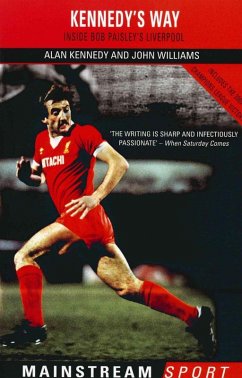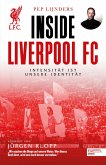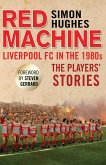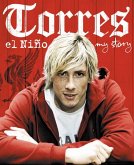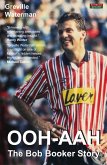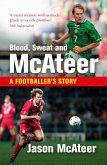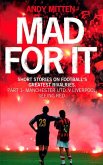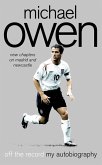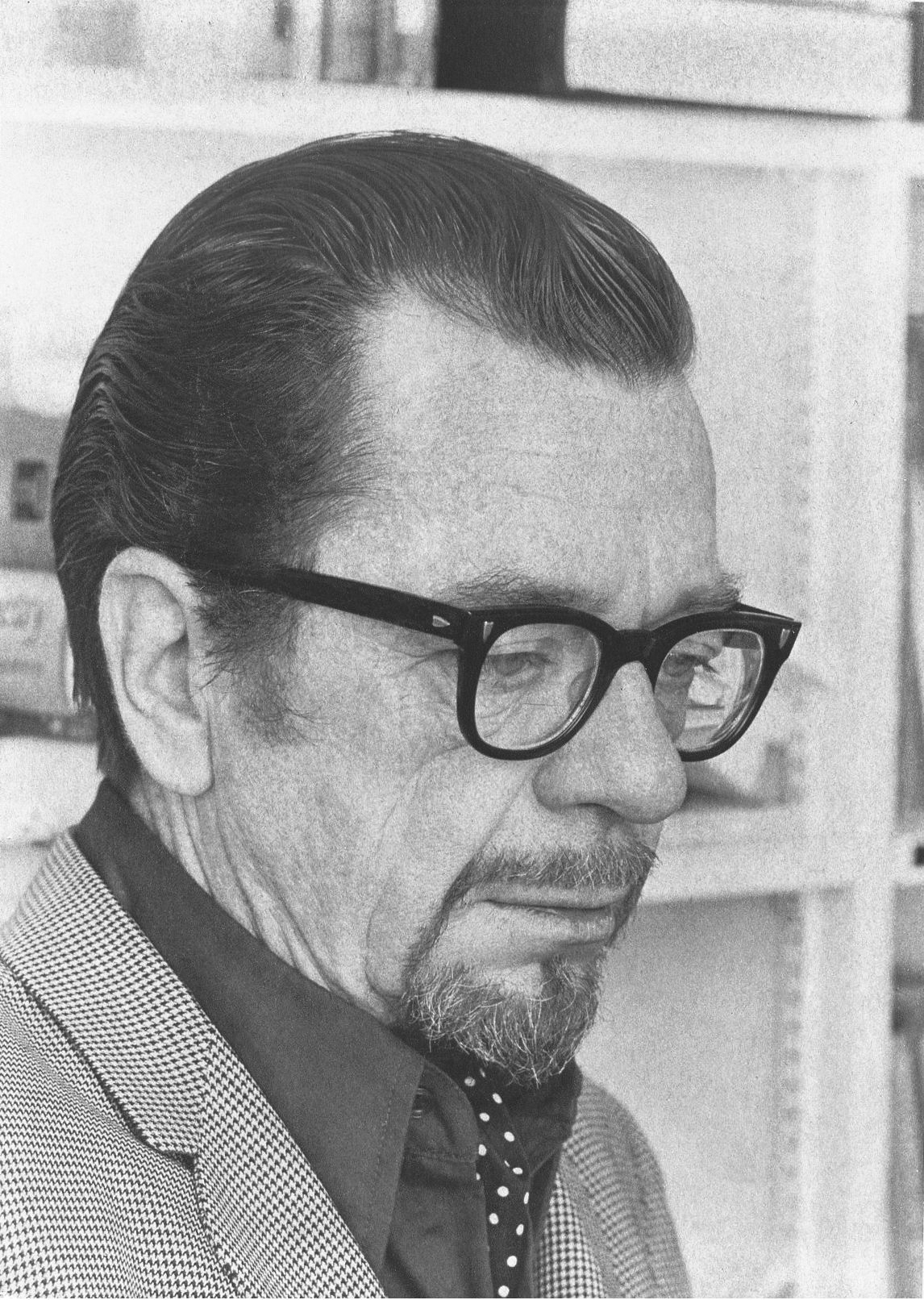Folk-hero left-back Alan Kennedy - nicknamed 'Barney Rubble' by fans after The Flintstones character due to his straightforward, no-frills approach to the game - scored the winning goal in the 1981 European Cup final against Real Madrid, as well as the nerve-twanging winning shoot-out penalty against AS Roma in 1984, a feat which secured his position in European football history.
Kennedy's Way examines Kennedy's footballing career under manager Bob Paisley (and, later, under Joe Fagan) and provides a retrospective account of Liverpool's dominance during those years. Drawing on Kennedy's memories of the period, as well as those of other players and backroom staff involved with the Reds at that time, it is an irreverent, revealing account of the dressing-room culture at the club while it was at the height of its powers.
The book concludes with reflections on Kennedy's post-playing life and on the trajectory of Liverpool since the Heysel and Hillsborough tragedies, in 1985 and 1989 respectively, right up to recent events at the club, including the exit of Gérard Houllier and the team's dramatic return to the pinnacle of European club football under new manager Rafael Benítez.
Dieser Download kann aus rechtlichen Gründen nur mit Rechnungsadresse in A, B, BG, CY, CZ, D, DK, EW, E, FIN, F, GR, HR, H, IRL, I, LT, L, LR, M, NL, PL, P, R, S, SLO, SK ausgeliefert werden.

